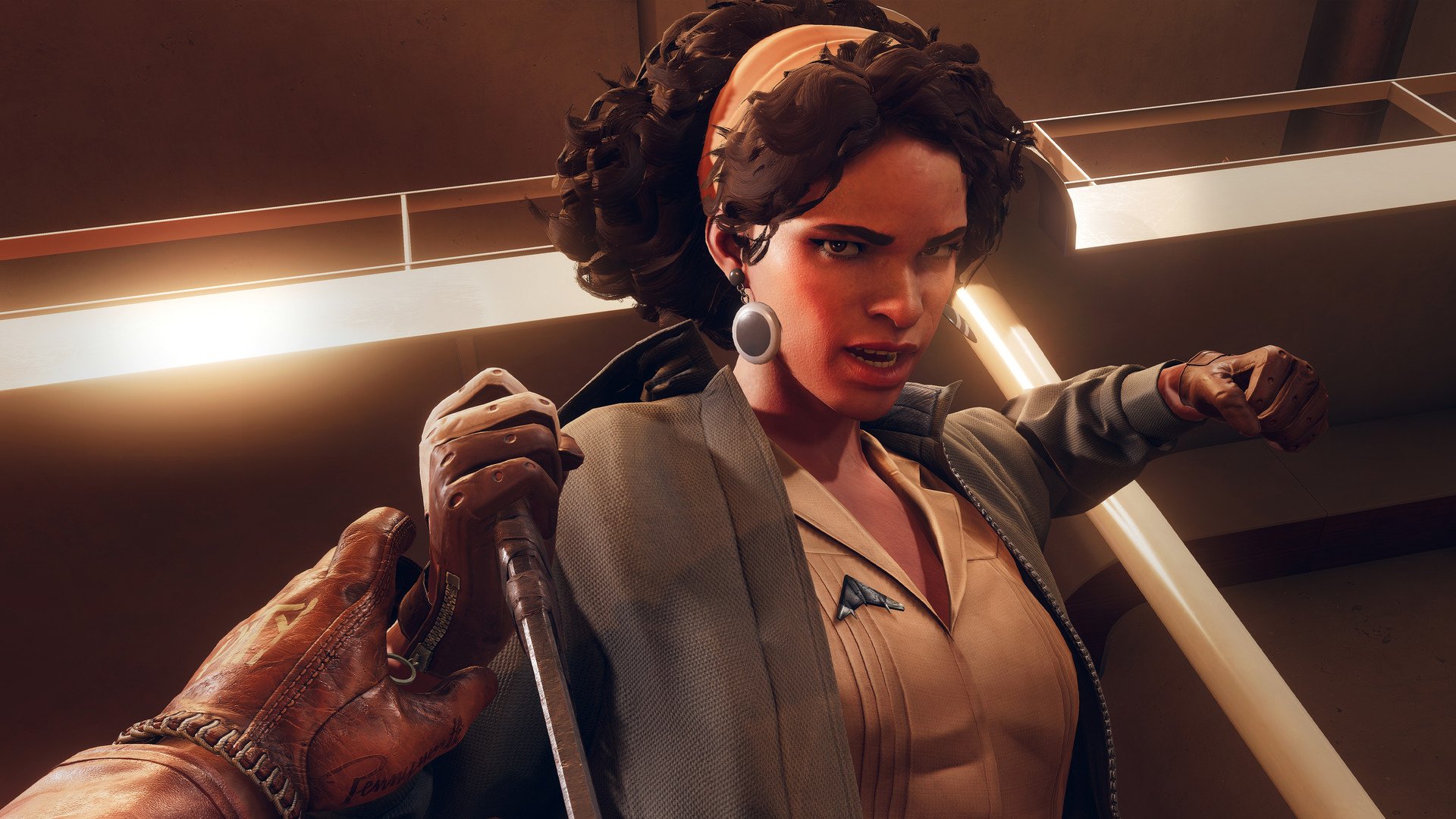It’s the 10th anniversary of Dishonored. While this isn’t the first game developed by Arkane Studios, it’s almost certainly the most well-known.
The premise is simple. Players take on the role of Corvo Attano, Royal Protector to the Empress, who fails to prevent her assassination and is blamed for her death. Armed with with a sword, gadgets and eerie abilities, players work to rescue the Empress’ daughter and restore her to the throne, all while choosing which conspirators against you to kill and which to spare. To me and many others, it’s a special game.
Arkane Studios – which is actually two different studios, with Arkane Lyon in France and Arkane Austin in Texas – is one of the last big studios in the world making the often hard to describe “immersive sims,” something that is somewhat its own genre but in reality, it just means first-person games that pay a huge amount of attention to environmental details and systems that allow the player to influence the world.
Alongside my former colleague Jennifer Locke, I’ve written before about the importance of Arkane Studios’ work with immersive sims, and everything we wrote there is even more true today.

Dishonored is an intriguing game, using the systems available in an “immersive sim” to ask questions of morality and lesser evils. The game tracks the Chaos wrought as players take vengeance, and while many games condition players to assume the nonlethal route is the morally-righteous choice, that’s seriously up for debate in the world of the Dishonored. Choosing not to kill a handful of conspirators will mean branding a man as an outcast forever, selling others into slavery, and handing a woman off to her stalker.
It’s also special because of its setting. Eschewing strict adherence to concepts like fantasy or science fiction (as amusingly noted by some of the developers (opens in new tab)), Dishonored is instead set at at the cusp of an industrial revolution. It’s a world where guns and swords are commonplace hand in hand, while war machines are being produced even as the call of dark gods and the occult still whisper in the ears of those who stop to listen.
The success of Dishonored went on to spawn two equally-excellent sequels in the 2016 entry Dishonored and 2017 follow-up, Dishonored: Death of the Outsider. Since then, the franchise has taken something of a break, with Arkane Studios working on other titles such as the 2017 masterpiece Prey, the more recent Deathloop and the upcoming Xbox console exclusive, Redfall.

As a huge fan of just about everything Dishonored, I’ve taken to playing the official tabletop role-playing game, running sessions for friends and experimenting with the possible narratives in this wonderfully strange world, but I still long to see a new game on the way. Still, there are signs Arkane isn’t permanently done with this dark realm.
While it was heavily hinted at in some different bits found across the game, Bethesda recently confirmed (opens in new tab) that yes, the worlds of Dishonored and Deathloop are connected. More specifically, according to creative director and Arkane Lyon head Dinga Bakaba, Deathloop represents “one of the possible futures” of the Dishonored universe.
I’m all for this connection, and I’m excited to see what could come next. Even so, while there’s nothing wrong with exploring “what could be” hundreds of years in the future, there’s still something special about Dishonored and the chaotic junction point it entails.
So, happy 10th anniversary, Dishonored. You’re one of the best games Arkane has made, a high bar for a studio that in general makes some of the best Xbox games available. I truly hope another 10 don’t go by before we next get a new game within this weird, uncertain, changing, and chaotic world.




